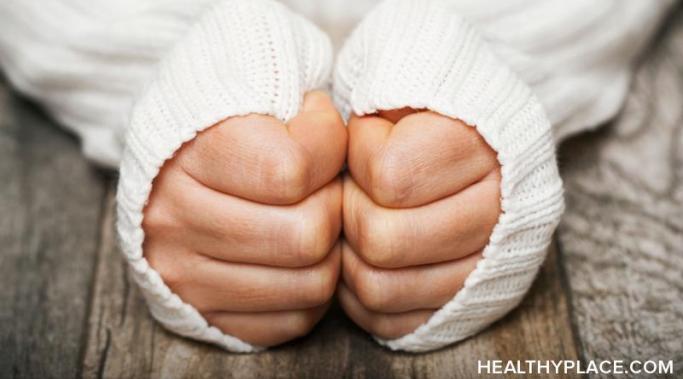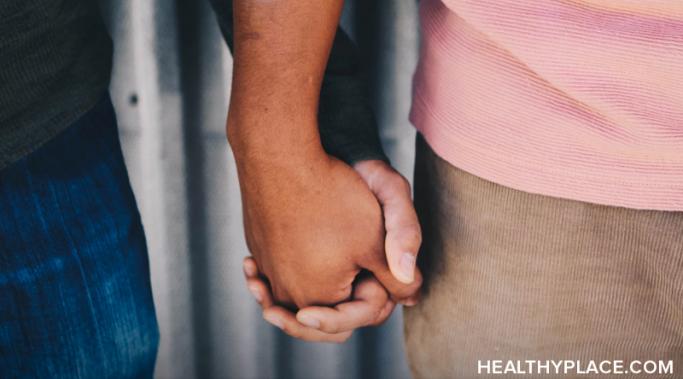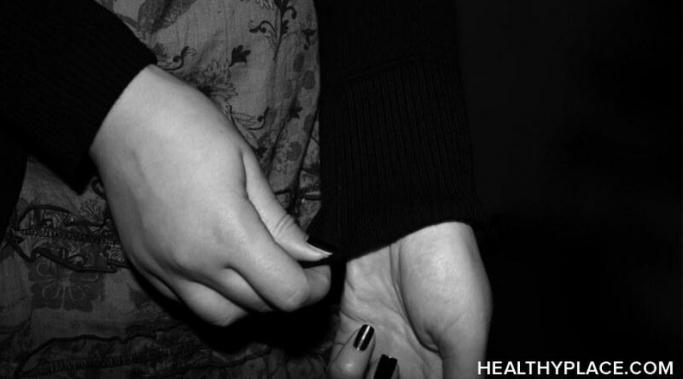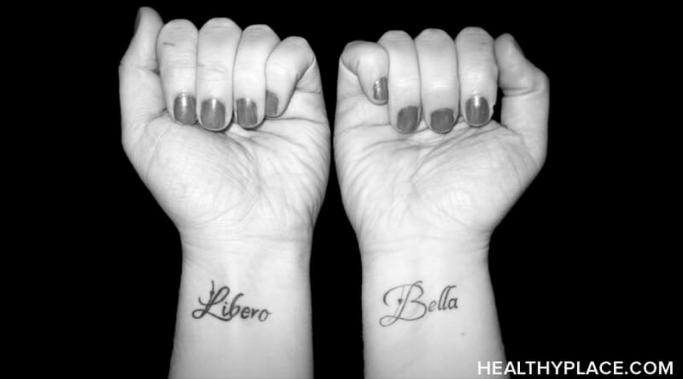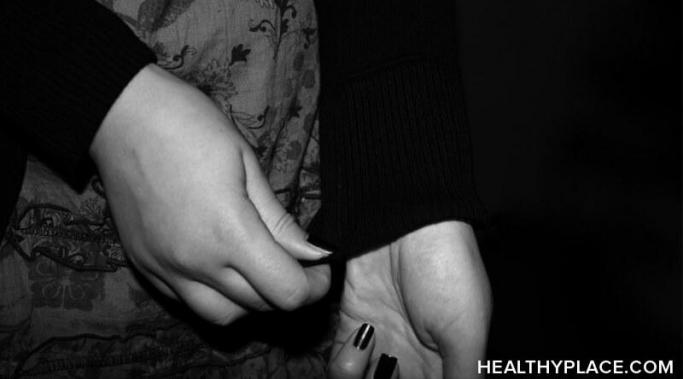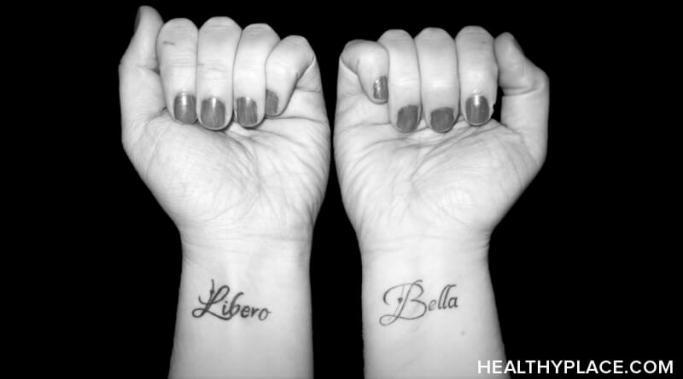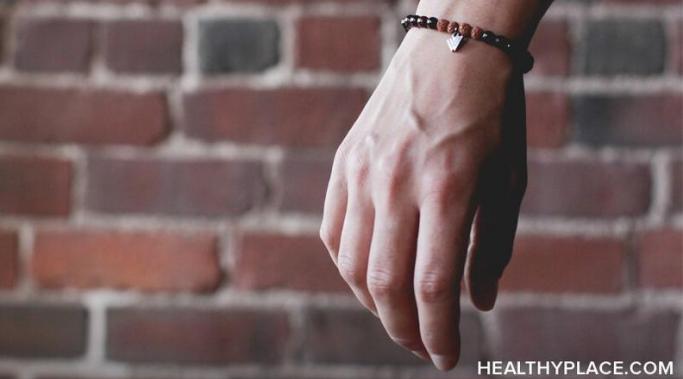Your self-harm scars belong to you; it is your choice when, if ever, to show them or hide them from the world. For those days when you would rather keep things under wraps, it's helpful to know what sort of self-harm scar cover-up options are at your disposal.
Self-Injury Scars
Explaining self-harm scars to your boyfriend (or any romantic partner) can be a daunting prospect to face. How do you know whether you're ready to disclose your past, and what can you expect when you do?
Explaining your self-harm scars to others can be uncomfortable. Having your self-harm scars discovered is a bit like being outed against your will. Still, the person who confronts you about your self-injury marks will likely want to know what they are. While you don’t owe anyone an explanation, sometimes it’s hard to avoid this conversation. Here are some of the approaches you can take to explain your self-harm scars to others.
Seeing your self-harming friend suffer in silence can't be easy. However, sometimes trying to help can only make things worse. Approaching your friend with patience, kindness, and understanding is vital.
I never thought that coping with self-harm using nature could be so effective. When I was at my lowest, nothing seemed to help control the chaos that reigned my head. My self-harm was getting out of control, to the point that I was counting down the minutes to my next episode until I started walking six miles a day.
Are tattoos the same as self-mutilation? Let's face it, tattoos do hurt, and so does self-harm. But does it mean they are the same? Having done both, I can assure you they are unlike each other, even if both are associated with some level of pain.
Do self-harm scars ever go away? Let's discuss the answers to that question.
In an ideal world, no one would feel the need to cover self-harm scars, and no one would be made uncomfortable by their exposure. But as it is now, many people struggle in their daily lives to judge whether, when, and to what extent they should cover self-harm scars.
I stopped hiding my self-harm scars so I could feel free. Let me explain: self-harm insists on making its history known. It leaves evidence of itself on your skin in marks both faint and bold and in times of both struggle and recovery. These self-harm scars can make you self-conscious, remind you of a painful past, and draw unwanted attention. The common impulse among self-harmers and those with a history of self-harm is to hide them. But hiding self-harm scars, for me, just never felt like freedom.
Questions about self-harm scars and dating, sex and intimacy cause many people with visible self-harm scars to worry: "Are self-harm scars a turn-off?" "Should I try to hide my scars from my partner?" "When is it appropriate to explain my scars to a partner, and how can I best approach this type of conversation?" What are the right answers to these questions about self-harm scars and dating?
